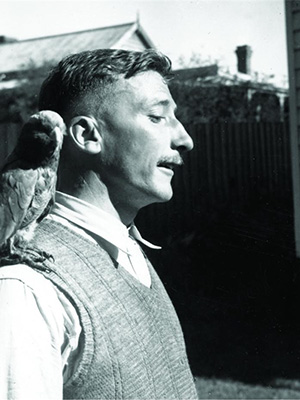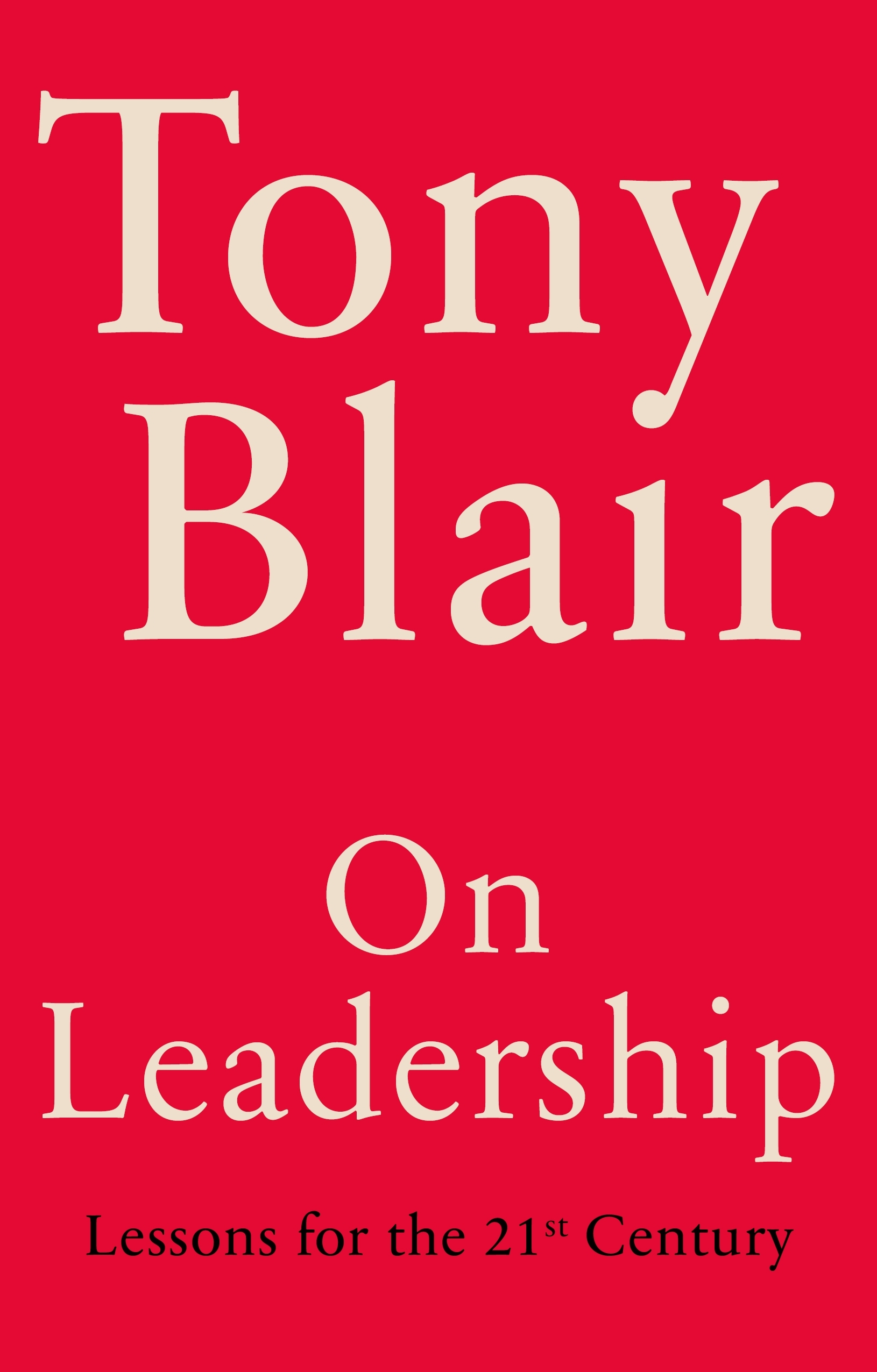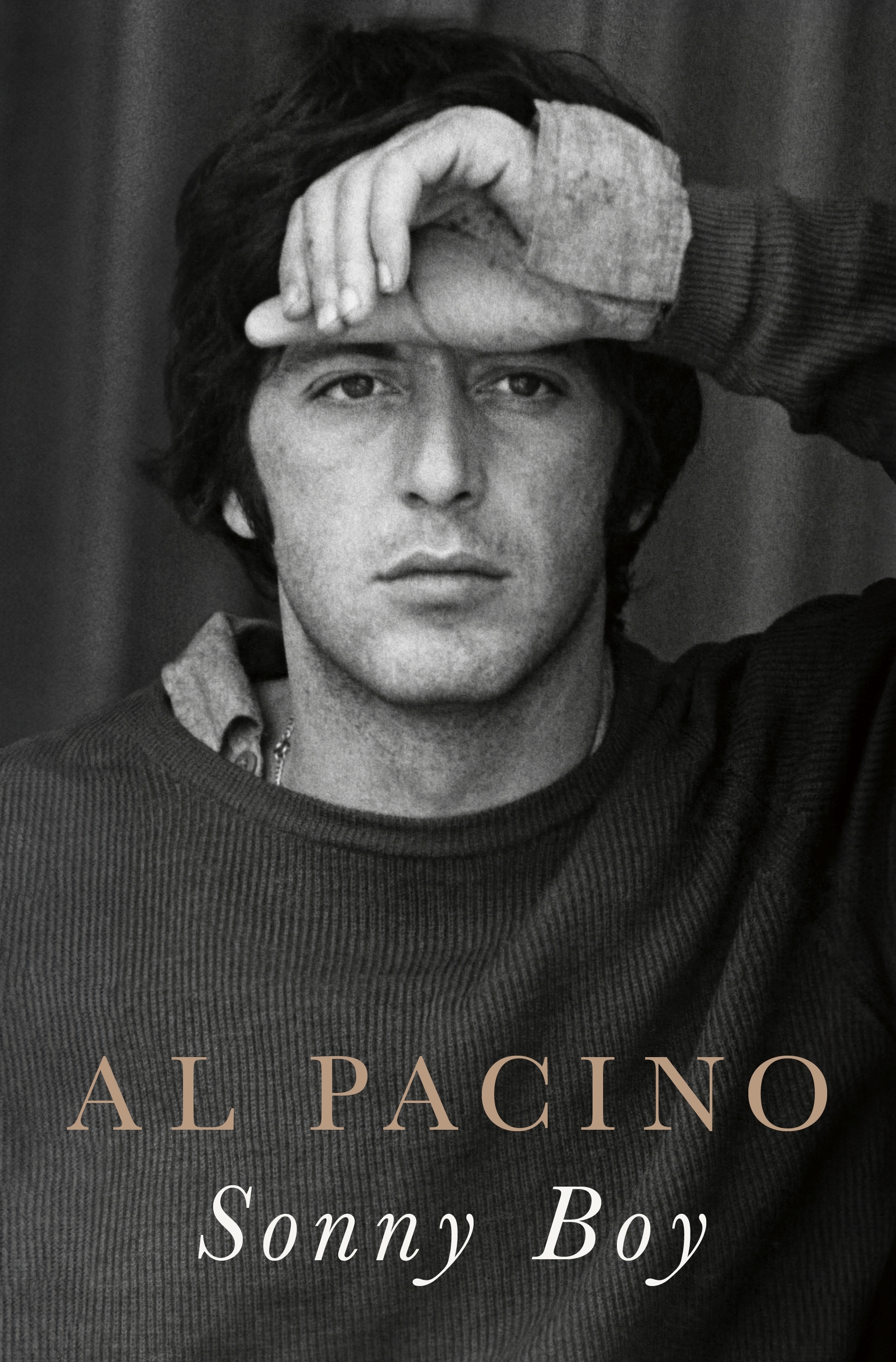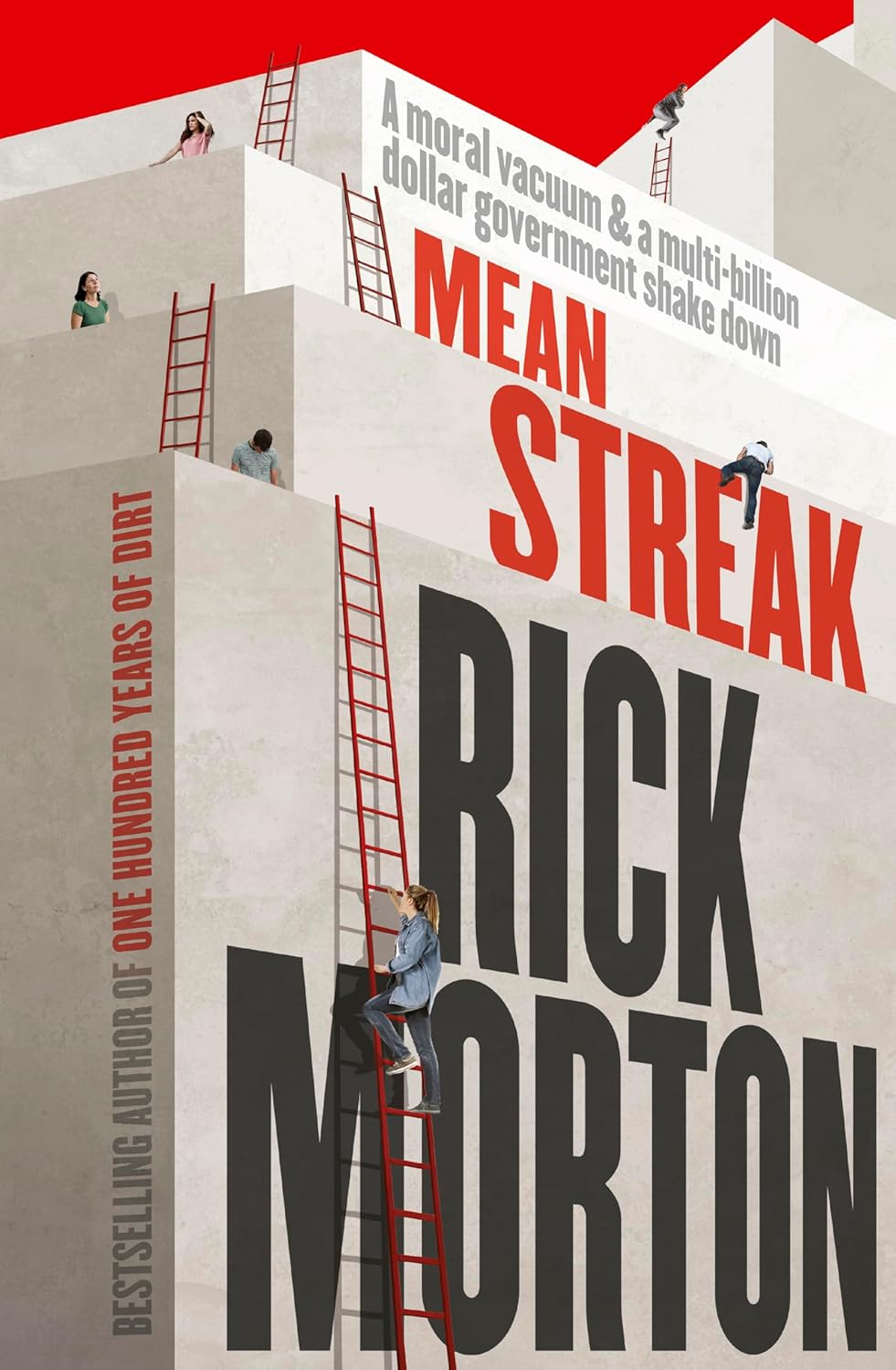Poem of the Week - Jennifer Maiden reads ‘Clare and Nauru’
Our second 'Poem of the Week' for 2016 is ‘Clare and Nauru’ by Jennifer Maiden. ABR's Poetry Editor, Lisa Gorton, introduces Jennifer who then discusses and reads her poem.
Clare and Nauru
Clare Collins woke up in the only other
hotel in Nauru that had some roof left
on a balcony holding a satellite phone
given her by George, who'd been given
it as a favour by a friend in the C.I.A.
he'd shared beer with in Langley. This
phone bypassed both the Nauru police
and Australian security, except
that it was on a Langley frequency.
George and Clare assumed the C.I.A.
weren't that concerned with Nauru,
anyway, and the little phone worked fine.
Now George was ringing Clare from Brisbane.
He hadn't been allowed on Nauru
because they didn't like journalists -
even though he objected he wasn't one,
just a Human Rights observer, and
his autobiography, The Haunted Brothel,
was a work of imagination - but the Government
of Nauru apparently considered his statement
that Nauru was 'a greedy little hellhole'
made him a writer of fact. Picking up
the phone, she told him, 'You just woke
me up, and a couple of Nauru Reed
Warblers. They're nesting in the top-edge
of the roof, and they seem to be the only
native species the locals don't eat.' As if to prove
her assumption, the straight-beeked birds began
loud warbling in a long fine treble.
She walked down with the phone to the harbour,
which was full of vast rusting machines
from before the rich phosphorus ran out.
She said, 'You'd love it here.
Apart from doing anything for money,
they're all super-ego Christians. Everyone
swims in their shorts.' He gave that quick
snort-laugh of his. She missed him. Shorted
swimmers glared at her deeply with the same
expression that she recognised from old
photos taken two centuries ago, when
such locals were posed in a sullen throng
with coat-clad missionaries. She thought
they'd be formidable in a fight. The rain
which was rare here but heavy fell
around her in hot salty drops of the sort
that is cried by children. She watched
her own wraithlike swimming shadow in
the water sway like a shark just
sensing the close proximity of fish. She
was here to see a Detention Centre victim.
She sat on a rock, let the rain soak
through her like human comfort. George recalled,
with his yen for anti-austerity:
'Their problem there is that they really fell
for the myth about good risk and weird
investment going around in the Eighties.
They had the guts to declare independence
when Australia wanted to resettle
them all after the phosphorus, but
they spent their money overseas
trying to make more money, not on
building or maintaining on their island.'
'And now they're broke', said Clare, the rain
proving the C.I.A. waterproof and she herself
mad to the bolting swimmers, 'Do you
know that one of their investments
was a musical that had Leonardo
da Vinci in an affair with the Mona Lisa?
It was a bomb,' she added, just to see
what effect that last word had on the phone.
It clicked a bit, but seemed to function
normally. George always loved such
vital trivia. He said, 'I know all
about that. I saw it in London. Dreadful.
It was called Leonardo the Musical : a Portrait
of Love. My daughter wanted to go. I think
she couldn't believe it existed, but it did.'
He could have said, 'Sheridan', not 'my daughter',
as she and Clare were old friends, but
he liked the unusual fact that he was a father.
The rain ceased and at once dried out.
She said, 'I'll ring you later, let you know
what happens with Xanaan. Love you.' His
own 'Love you' bounced back with a speed
and lack of echo only C.I.A. technology
could probably have provided. Back at
the hotel, she avoided Detention Centre
guards who had arrived for the poker
machine den at the back. She had hoped
this less expensive place wouldn't attract guards,
but there was gambling here and Chinese
take-away. The whole place stank of soy
sauce and the sweat of loss like something
out of Graham Greene, she thought, remembered
that George had said at the end of one
James Bond novel the villain drowned
in a sea of guano: birdlime phosphorus.
She herself had wondered: was it flammable?
The wide stripped-bare belly of the island
with its lorn coral peaks clawing up
where the pasty soil had been? One
could not plant crops here now. The lagoon
of freshwater near here shone toxic. There
generations ago young saltwater fish
had been trapped by the tribal families,
and adapted to freshwater, kept to grow
for food, like the family pigs. She had killed
her younger siblings as a child, was too
familiar with death-by-intimacy not
to dismiss it with dry disdain, however
well-organised a system. Xanaan
- a Somali girl in her teens with long
deep elegant bones, oval face alert
with the detachment of a fashion runway
or the bright runway of trauma - stood
in the tattered hotel carpark, waiting.
These days, the detainees were allowed
to walk about the island - something
the Nauru Government called the ending
of detention - so the bored guards ignored
her, as she walked to Clare too fast. Clare
knew names were the first thing with trauma, asked
'"Xanaan" is lovely. What does it mean?'
And Xanaan said,'"Compassion", maybe,
"Mercy" and yours is "Light" in French, yes,
could we walk to the lagoon, please?'
Yes.
Buada Lagoon, when they reached it, spread
like an impure viscous emerald, palm
trees not suggesting wealth and pleasure
as elsewhere than here, thought Clare, but rather
things stunted or jittery, weathered
wan. The sun, so close to the equator,
seemed to throw shorter shadows, arid
things of man-height, finished, like thin
ghosts of the living people, who were
heavy, diabetic and opaque. Clare
smelled the saltless water. A row of tires
caged it at the road's end. They rested.
Xanaan said, "I was there when they burned
down the Detention Centre. Before that
the local people were more friendly, but
they thought they were going to inherit
the Centre when we left and when it was
destroyed, they thought the prisoners had taken
away their property. I suppose
they had felt so much taken already.
Also, I've seen the guards act badly,
and I think that may be why what was
done to me was done, although the men
who attacked me were local Nauruans. I
was walking the road round the island's edge
at the time and there were five of them.'
'Were you raped?', asked Clare, taking
the checklist for trauma from a mental pocket.
'Of course, but you can't claim that here. They
say you're parroting others and become
aggressively patriotic. A nurse
agreed with me, though it didn't go much farther.
But since then I've been bleeding and
I think it's getting worse.' So did Clare,
who saw a darkening stain on Xanaan's
mended skirt quickly turn to liquefaction.
Clare asked, 'Why did we walk here?',
but she knew: there is more than one manner
to sew the lips together. So she said,
'I know they have an ambulance. It was given
to them by someone called Count Oppenheimer.
I'm calling it on this,' and waved the phone.
'They won't come for us', said Xanaan, but
Clare had mastered a banshee shriek in some
impeccable North Shore accent, and they came.
Count Oppenheimer's ambulance was in better
shape than the Hospital, which was broken,
burnt and battered hingeless in decay.
The registrar, who saw Clare's reaction,
said, 'They are pulling it down next year.
Your Government is giving $26 million
to build something better because we can't
airlift people to Australia now, and so
no point in fixing this one, anyway.'
As night swelled down, they'd almost stopped
the bleeding. Clare had found out that Xanaan
was O Positive and since so was she, she
sat next to Xanaan attached to a tight tube.
There was no blood bank here: the families
gave blood amongst themselves. When Xanaan
was finally asleep and looked more sanguine,
Clare realised a fat Nauruan policeman
and someone from Australia had arrived. They
weren't concerned with Xanaan, except
to remove her from the Hospital as soon
as possible without a downright murder, but
the untappable phone had made them angry.
They didn't know how it was being used,
and thought she was a spy for Save the Children.
She phoned George, who spoke in fine patrician
Virginian, suggested they might like
to check the frequency and 'not the fuck interfere
with the business of the Company'. They seemed unsure,
but after a while left her. A Nauruan Nurse
in an heroically clean uniform sat down
beside her, took the tube of blood, and said:
'She should not go back to the Detention Centre.
It's full of mould and rust and bad infection.
It's even worse than here, but what
can be done to fly her to Australia?' 'I came
to write a report', said Clare, 'I'll write that.
And the rape thing might help for a petition.'
So late-night uselessness crept through
her veins like a transfusion, made her sleep.
Clare woke up in the only hospital left
on the dead island of Nauru, but thought
at once, 'There is another island', and
heard some Reed Warblers at the window, which
was wrecked enough to see them, if she tried.
Xanaan woke up, too, and said, 'The Emergency
Response team are going to kill me if I
go back to the Centre', in a way that
Clare, who'd seen the photos of those men
cheering Hanson in Queensland, thought
might well be accurate. She said, 'At
any rate, have more blood', and found the Nurse
from last night, who agreed to help
with another transfusion, but also lingered
until Clare suggested, 'She shouldn't
stay on Nauru, should she?' 'No,' the Nurse
agreed. 'So to whom can I donate
some aid', said Clare,'And for what?
I could rent a boat and a captain to go
to Banaba Island and then to Kiribati,
where there's an air service. That would be
a day and then another day at sea.'
'You're right', said woken George, 'They'll kill her. Take
her to Kiribati and I'll get documents.
We'll find her some family in London: but
anywhere in Europe would be better. I'll be
with you in Kiribati in two days.
The great thing about Banaba Island is that
the Council live on Rabi in Fiji.'
There were cluttered caves
near the long modern airstrip where they waited
until the boat was ready to the north
east of the island. Then they strolled there
in the innocent daylight as all could do
in this new improved freedom of Nauru.
The boat was in a shallow cove conceiled
by palms, crouching bushes. The crew comprised
the Nurse and her sister and their Aunty. Theirs
was a stalwart strong boat which could sail
comfortably a day to Banaba, and then
an even longer day to Kiribati. They
spoke of economics on the way, as
the old motor chugged, and sinewy Aunty
sat with them in the cabin, resting ready
for the night. She said, 'The island
had so much money for a little while.
They could have spent it on my boat,
and others. We could have built up soil,
planted vegetables and gardens, had
hot water all the time, real
hospitals, health centres, but those bastards
spent it all in other countries. They thought
the Australians were right and that you put
money into something that was meant
already to make money, then you got
money back in your own pocket. We
have 90% unemployment now, and
no one can pay tax so we scrounge it
all from other governments and blackmail.'
Clare, relaxing with the boat sway, holding
Xanaan's sleeping hand, said, 'Yes. I
couldn't believe how your government
established diplomatic ties with China
for $130 million and so broke off
relations with Taiwan, then re-established
ties with Taiwan and severed them with China.'
Aunty grinned: 'Yes, and kept the money. Then we
recognised Kosovo to get cash from the West,
and Abkhazia which got us, I think,
$50 million from Russia?' "I think
it was $50 million', agreed Clare, 'but
at least those two stayed recognised.' They
laughed and Aunty dozed off, too, as Clare
thought there could be no better night-pilot
than her. Clare was looking forward to the sea-
sky tonight and in fact it did not
disappoint when she woke up. This was
more stars than she had ever seen before,
and a moon with its head on your shoulder,
always on the verge of speaking, the hues
of the sky merging with black in any
indigo shade possible, the salt in the air
rippling with undercurrents, one's skin
no longer any kind of barrier, and Aunty
steering as if this boat did not
need more than stylised attention. The Nurse,
having left the wheel to sleep, told Clare,
'Almost half our population suffers
from Type 2 Diabetes. The French experts
blamed it on imported food.' 'But the French',
suggested Clare, "Blame everything on
food. Do you think some of it might be
hereditary?' She remembered those early pictures
that showed predisposition to plumpness as well
as to serious resentments.. The Nurse shrugged:
'Perhaps but more medical services would
certainly solve some problems.' Xanaan
was awake on deck looking more her age
than she had on the corrupt island. Clare
who hadn't previously enjoyed Gauguin
all that much, thought he might have merit
now in that he showed tough innocence
solidifying brightly in this landscape. She
discerned Banaba Island by the dawn,
then Aunty and her nieces brought back breakfast
from friends there but they returned promptly
to the open sea with the neat Nurse steering
and Aunty snoring softly in the cabin. Next
morning the dawn found them Kiribati, which
was longer and lower than the first islands, much
more clearly at the mercy of the sea, but
nonetheless a dulcet place. They had docked on
an uninhabited island, after she phoned George
and he was there to meet them. Aunty
and her nieces hugged them like their family,
would tell an invincible story of a visit
for two days with faithful friends on
small Banaba, accepted more money and more breakfast
from George and then put out back to sea. George
found himself quoting Housman unexpectedly:
'"And saved the sum of things for pay"'. 'Epitaph
for an Army of Mercenaries', explained Clare
to Xanaan, who said, 'They do not always
do the wrong thing. They were right not to be
resettled by Australia. And those three
women are my heroes, after you.' George
changed the subject, knowing how poor Clare
writhed privately at any praise. He said,
'Let's find you a Human Rights doctor.Then, however,
we can fly you somewhere safe.' Kiribati, Clare
thought, had sand as white as the moon, as
white as innocence, as bloodless white, as
magnetic white as power.
Jennifer Maiden has published twenty-one books. Her 18th poetry collection, Liquid Nitrogen, won the overall 2014 Victorian Prize for Literature, and was shortlisted for the International Griffin Poetry Prize and the Australian Prime Minister's Awards. Her latest collection is The Fox Petition, published by Giramondo in 2015.







Leave a comment
If you are an ABR subscriber, you will need to sign in to post a comment.
If you have forgotten your sign in details, or if you receive an error message when trying to submit your comment, please email your comment (and the name of the article to which it relates) to ABR Comments. We will review your comment and, subject to approval, we will post it under your name.
Please note that all comments must be approved by ABR and comply with our Terms & Conditions.